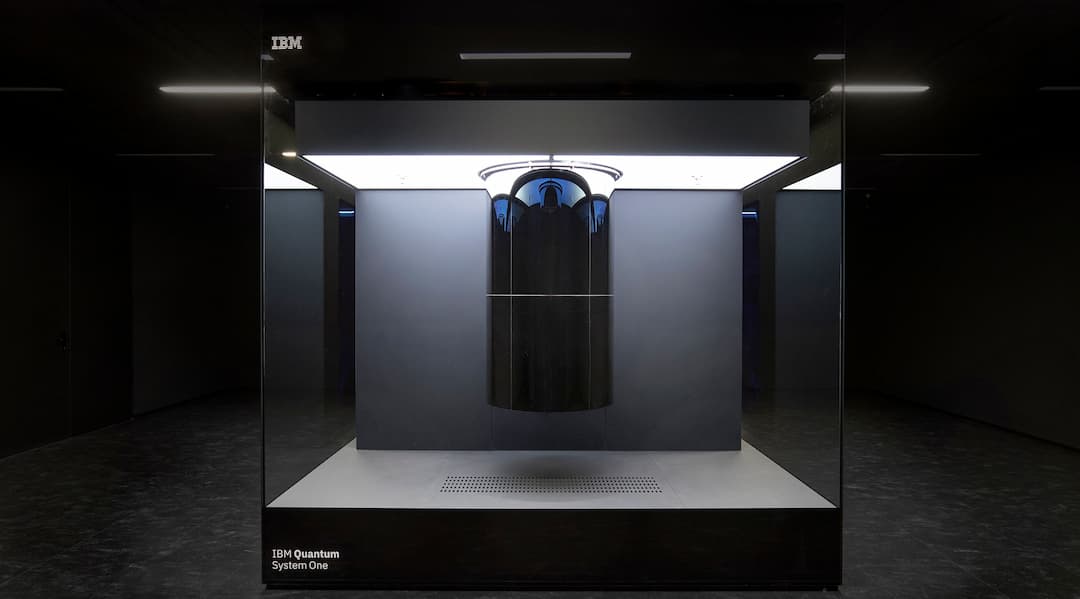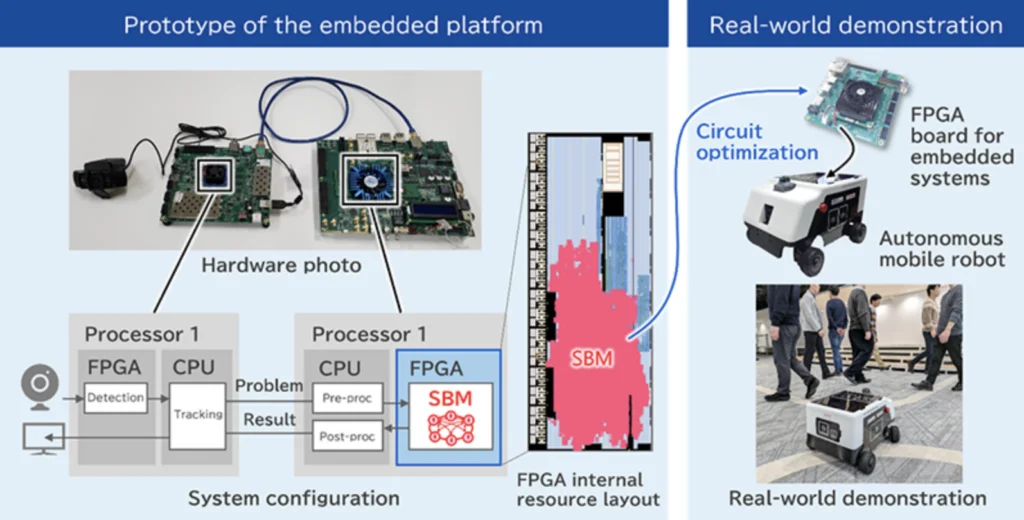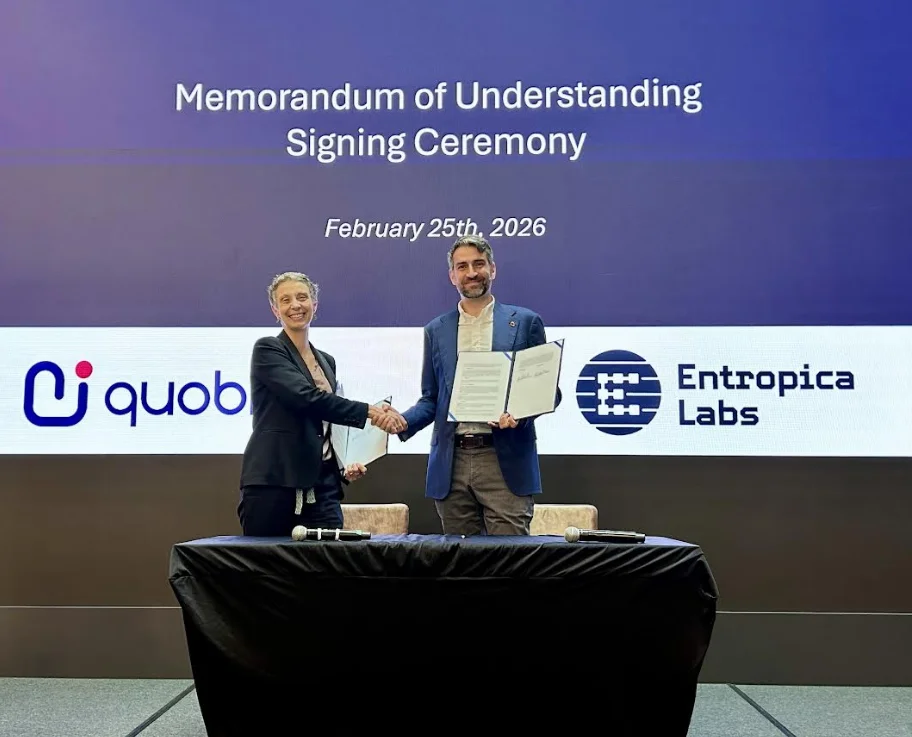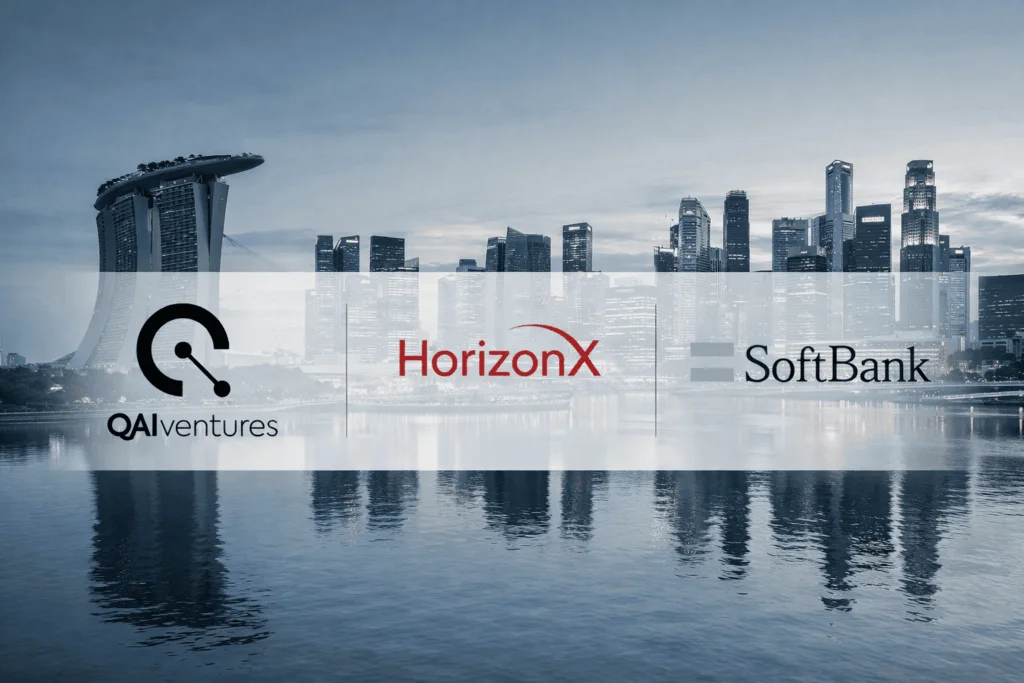
IBM is reporting that Europe’s largest application-oriented research organization Fraunhofer-Gesellschaft received an IBM Quantum System One—which until now had only existed in IBM’s New York-based data center.
In a post on the IBM Research blog, the company said that Fraunhofer-Gesellschaft will use Quantum System One to investigate future industrial applications of quantum computing. In addition, Fraunhofer-Gesellschaft eyes the quantum addition as a way to help develop a global quantum-ready workforce.
German Chancellor Angela Merkel spoke via video link during the launch. She said quantum computing is key to the country’s efforts to retain sovereignty in the technological and digital spheres. Quantum will also provide a motor for economic growth.
In July, Japan will get a similar quantum computer, according to IBM, and in the near future one will also be installed at Cleveland Clinic in Ohio.

“Quantum computing opens up new possibilities for industry and society,” said Hannah Venzl, the coordinator of Fraunhofer Competence Network Quantum Computing. “Drugs and vaccines could be developed more quickly, climate models improved, logistics and transport systems optimized, or new materials better simulated. To make it all happen, to actively shape the rapid development in quantum computing, we need to build up expertise in Europe.”
According to the IBM team, building up expertise is vital to create a quantum industry. Only a fraction of businesses are getting quantum-ready and few companies have the workforce able to use quantum computers, to do any kind of quantum programming, or even have an idea how a quantum computer could help them. There is little on-the-job quantum training and few hires with quantum computing skills, they added.
“We expect that within the decade, we will achieve a “quantum advantage”—the point when quantum computers will provide more-accurate, computationally cheaper solutions; or even allow us to calculate solutions to problems we can’t solve today,” the team writes. “When that happens, these machines are likely to change the world. But the world needs to be ready for them—with a skilled, creative, results-driven talent.”
Fraunhofer’s computer features a 27-qubit Falcon processor, IBM’s most-advanced, hard-tech quantum processor. The performance of the computer is noted for long coherence times and precise, low-noise operations of about 1020 watts—kept at temperatures colder than outer space.
“While Fraunhofer is the first place outside the US to have an IBM Quantum System One, the interest in quantum technologies has been steadily growing over the past decade,” the team writes. “Nearly all continents now have quantum computing startups, and many tech giants in addition to IBM are making strides in the field. In total, the global market for quantum technologies could soon reach nearly $22 billion.”
For more market insights, check out our latest quantum computing news here.















